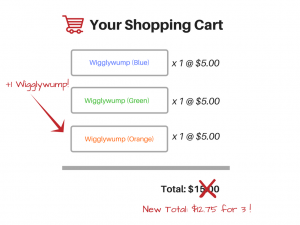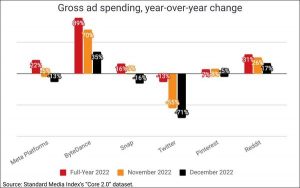April 08, 2022

In February 2022, 4.4 million people quit their jobs—a number that hasn’t changed much since the quit rate hit a record high of 4.5 million people in November 2021. Some are resigning to take a job with a new employer, while others are leaving the workforce entirely.
“Resignation numbers are clearly higher than we’ve seen before, but if we had been paying attention to a lot of the data, we absolutely would have predicted what’s going on,” says Tami Simon, senior vice president of global corporate consulting for Segal, a benefits and HR consulting firm.
According to Bureau of Labor Statistics stats from April 2019, quit numbers were 3.5 million. In April 2020, however, quit rates dropped to 1.8 million. That’s not very surprising, says Simon, noting, “The whole world was shutting down.”
The surge in remote working also impacted voluntary separations. “If you weren’t happy with your job before the pandemic, you had to consider relocation and commute costs, and those were really the defining factors of your job market,” says Evelyn McMullen, research manager at Nucleus Research, a global provider of ROI-focused technology research. “For the first time, people have been able to match their skills to a position without that kind of cost assessment involved.”
But when will it end?
Simon compares this period to what happens before a tsunami. The water in the ocean pulls back to create what appears to be a very low tide. But eventually that water comes rushing back into a tsunami of activity.
“In many ways, that’s what’s happening now,” she says. “The question is, is this a moment, a movement, or a bit of a mirage? Is it just the labor market correcting itself? Once there’s a little bit more consistency in terms of the economic stability and stability in the social and political upheaval we’ve been seeing, the labor market will go back to having more of a regular cadence.”
When the economic contraction occurs, many job seekers may not find themselves in the same advantageous position, or driver’s seat, that they have enjoyed over the past 18 months or so, McMullen says. “Reentering the job market may not be as enticing once the market inevitably corrects and employers are at less liberty to offer competitive pay and benefits,” she says.
While she expects the Great Resignation to end, McMullen says it’s hard to predict the timing. “If inflation continues, we’re looking at a market contraction that could weaken job seekers’ advantage, because the higher cost of living will definitely contribute to them having to take a job faster than they otherwise would have,” she says.
What employers can do in the meantime
Ultimately, Simon believes most labor is still a commodity. “I think we have to be a little careful when we say to an individual, ‘The world is your oyster, go out there and ask for whatever you want. Tell those employers exactly what you want to make, ask for all the benefits you want, get as much paid time off as you want, because you’re the one making the rules,’” she says. “I worry that that person would be in for a harsh wake-up call.
“My hope is that we start to be more proactive rather than reactive, waiting for a tsunami to drown us all before we start paying attention to the economic labor indicators,” Simon adds. “The good news for individuals is that employers are really listening, and leadership is trying to communicate more transparently, having a conversation as opposed to being one directional.”
Big upheavals are a great opportunity to take a step back and regroup. Almost universally, every company has tweaked something regarding its business strategy. “Now take that new business strategy and align it with your HR strategy,” Simon says. “Make sure you have the total rewards, compensation, benefits, flexibility, fringe benefits, and whatever else there happens to be. When you find and keep people, you ultimately propel your business.”
If this era has done anything, it’s brought about better balance, McMullen says, observing, “Even if job seekers don’t have the advantage in terms of picking and choosing where they want to work, the pandemic has brought out a more vocal side. Employees and job seekers have expectations in terms of how they’re treated throughout the application process, and how they’re treated as employees. That’s been a positive outcome.”
Fast Company , Read Full Story
(35)







